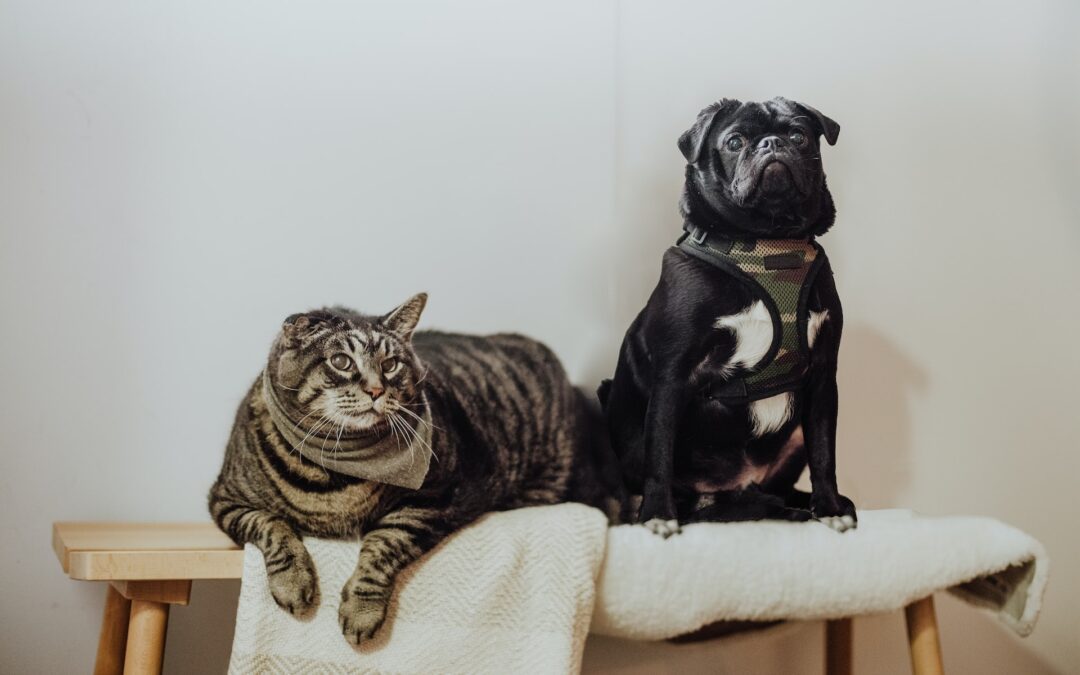Helpful Low-Effort Exercises for Senior Pets
As your furry companion gets older, routine exercise is important to help them keep healthy muscle mass and body condition. However, the same activities your pet enjoyed when they were younger can create too much stress on aching joints and stiff muscles. Change up your senior pet’s routine from rough-and-tumble games that involve sudden starts and stops—like fetch and chasing a feather wand—to low-impact activities.
#1: Hit the water with your senior pet
See if your senior pet will take to the water for a fun activity that helps minimize joint stress. Before taking your pet swimming, outfit them with a life jacket in case they are not natural swimmers. Watch your pet closely for signs of fatigue, and support them when needed. You can also search for a nearby rehabilitation center with an underwater treadmill and dedicated support staff to help your pet.
#2: Switch to a leisurely walk with your senior pet
Let your senior pet set the pace of your walks instead of pushing for a brisk jog around the neighborhood. A slow stroll that allows your dog plenty of time to sniff is not only good physical exercise but also mentally enriching. Additionally, stick to softer surfaces like grass and sand and avoid the unforgiving impact of asphalt and pavement to help cushion your pet’s joints.
#3: Focus on strength and agility training sessions for your senior pet
Senior pets generally lose muscle mass as they age for a variety of reasons. Chief among them is osteoarthritis, but incorporating strength and flexibility training into your pet’s daily routine can help them keep their joints strong and preserve muscle mass. Use treats to draw your pet into positions and movements that will boost their mobility without putting undue stress on their joints. For example, simply standing may be difficult for senior pets. Encourage your pet to stand for as long as possible, then coax them between your legs in a figure-eight pattern. Another mobility-boosting exercise focuses on stretching the head to the shoulders or hips. Use a treat to guide your pet’s movements, and you’ll notice their flexibility and comfort improve over time.
If your senior pet seems too stiff and sore to enjoy low-impact exercise, they may be suffering from a painful condition like osteoarthritis. Contact our team to schedule an appointment to evaluate your pet’s orthopedic health.

